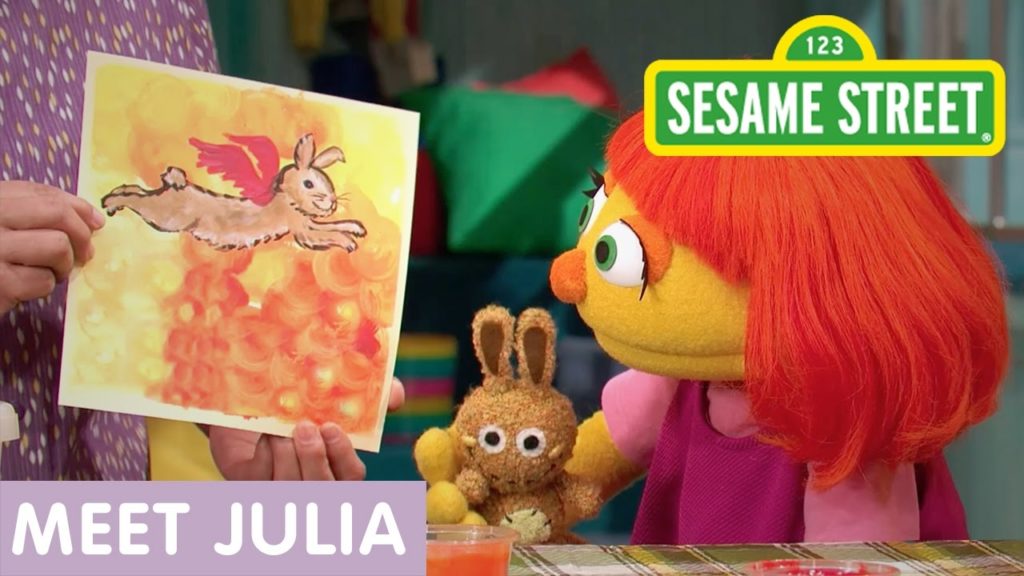
Jason Infinger
On Nov. 7, 2012, Jason Infinger and his wife Patricia received a letter in the mail — their son had autism.
As they sought help post-diagnosis, they were shocked at how little support there was specifically for the parents of children with autism. They were overwhelmed, confused and frustrated. There was too much red tape and too few answers to their practical questions and needs.
“Nobody was talking about the emotional journey we experience after the diagnosis,” said Jason. “Except the other parents.”
I had a vision of bringing parents together in one place, where they can learn strategies from each other, be part of a supportive community, navigate the emotional journey with others who have the same journey, and save time and money,
JASON INFINGER
FOUNDER, AUTISM CENSUS AND THE AUTISM LAB
An entrepreneur at heart, Jason started his first business at 14 years old. But his greatest accomplishment yet is as a husband and father of two amazing boys. Ever the creative problem solver, Jason took action once again — planning, collaborating and executing plans to create the kind of autism support he knew he, his wife and the world needed.
“Finding the best care and treatment for your beloved child is time-consuming, expensive and ridiculously confusing,” he said. “Time is an important concern for working families and the cost is overwhelming and creates family hardships.”
Jason knew the support system he would create had to be parent-focused and simple to use. His strategy was to provide empowering resources to parents with autistic children to help them be at their best. It had to simplify the parents’ lives by helping them navigate an autism diagnosis.
“I had a vision of bringing parents together in one place, where they can learn strategies from each other, be part of a supportive community, navigate the emotional journey with others who have the same journey, and save time and money,” he said. “Parents have to be able to help themselves before they can help their child.”
Jason created the first-ever Autism Census (autismcensus.com) to compile a platform to capture critical data, where parents with children on the autism spectrum can fill out the census, share their stories and find the resources targeted to their needs. He knows that by doing this, they will help other families experience a breakthrough, inspire others to keep going and help change someone’s life.
Once parents share their stories on the Autism Census, they receive a free e-book – “The Best Advice I Got About Autism: Wisdom from Extraordinary Parents and Professionals.” It’s a collection of powerful testimonies and expert advice, which is sorely lacking at this time. Any parent can submit a story or piece of advice that has helped them along the journey.
Jason also created The Autism Lab (theautismlab.com) as a place where parents can stay current on research, therapies and treatments, and that can help them uncover options that are best for their child through things like the “Ask About Autism” show and frequent blogs and videos. He plans to offer ongoing support and access through The Autism Lab PRIME membership, online courses and events.
He is currently working toward the launch of the first-ever Autism Answers Report, created from all of the information pulled to-date from the Autism Census.




